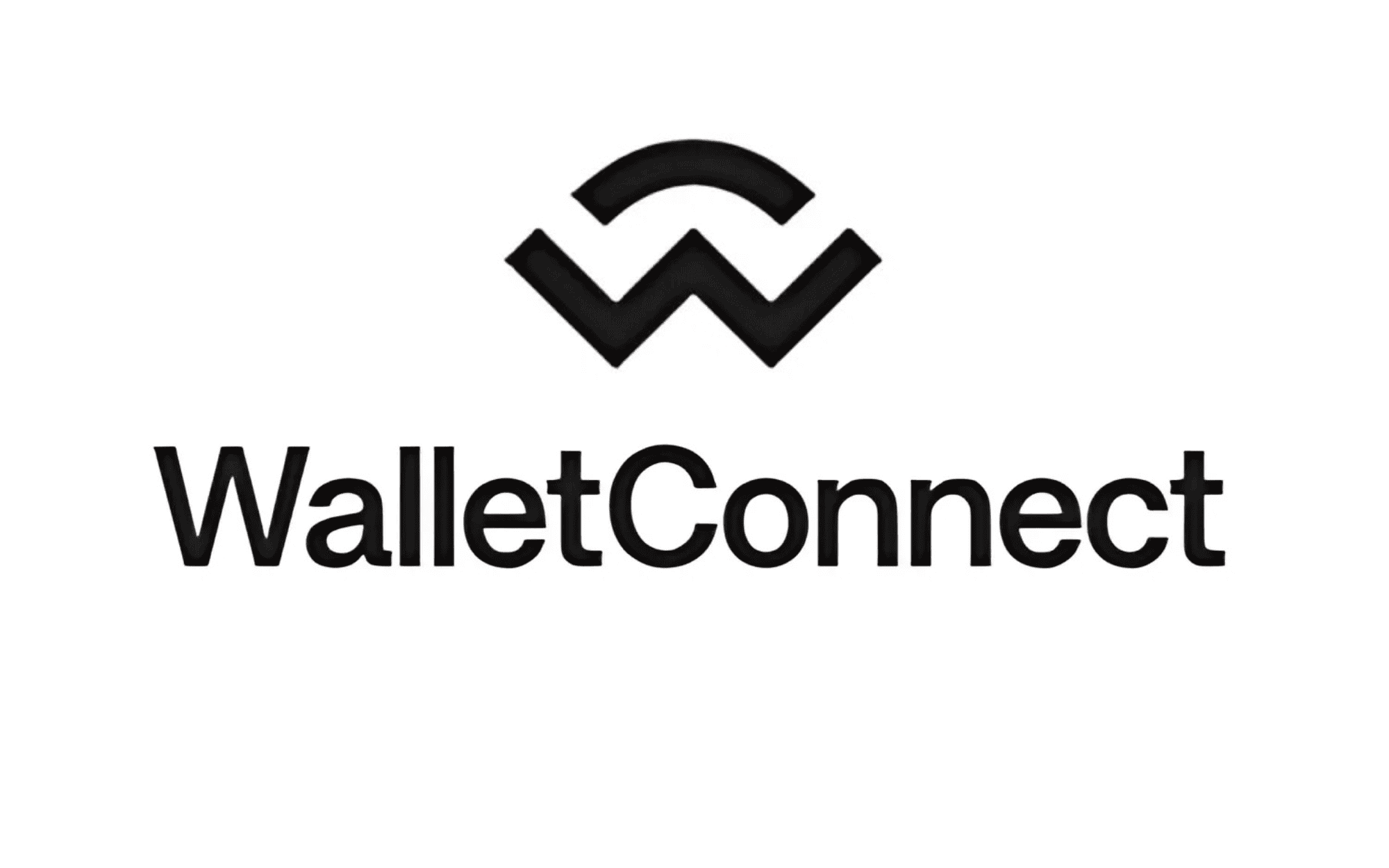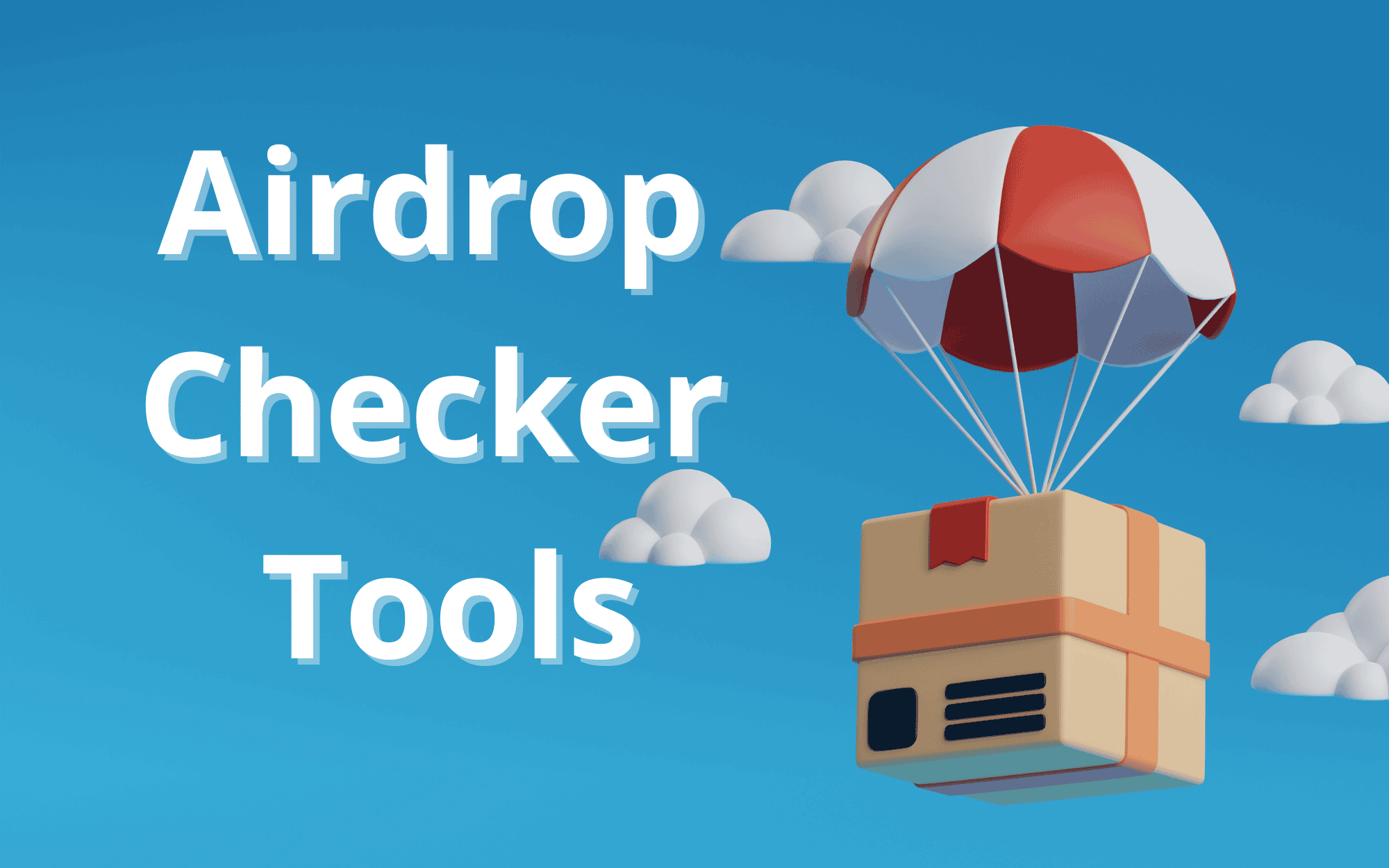Introduction to Crypto Wallets
Hey Friends! If you’ve dipped your toes into the world of cryptocurrency, you’ve likely heard the term “crypto wallet” tossed around a lot. But what is it, and why is it so crucial for anyone engaging with digital currencies? This guide will walk you through everything you need to know about crypto wallets, from what they are and how they work to security measures and choosing the right one for your needs. So, let’s get started on this exciting journey into cryptocurrency storage!
What is a Crypto Wallet?
A crypto wallet is not like your traditional wallet that holds cash—it’s a digital interface that allows you to manage various cryptocurrencies such as Bitcoin, Ethereum, and many others. Simply put, a crypto wallet stores your private keys, which are essential for accessing your cryptocurrency on the blockchain. Without a wallet, you would struggle to send, receive, or securely store your digital assets.
Picture your wallet as a keychain where each key opens different doors (or in this case, blockchain addresses). These private keys must remain secure and confidential because they give you access to your funds. Therefore, understanding what a wallet is and how it functions is vital for anyone looking to enter the cryptocurrency market.
How Does a Crypto Wallet Work?
Let’s break this down. A typical crypto wallet works using a system of public and private keys. Here’s how the process usually goes:
- Key Generation: When you create a wallet, a unique public key (which you can share to receive crypto) and a private key (which must remain secret) are generated.
- Transaction Initiation: When you want to send some of your cryptocurrency, you use your private key to sign off on the transaction, proving that you own the funds.
- Blockchain Interaction: The transaction gets sent out to the blockchain network, where it’s validated by other users (nodes) using your public key.
- Transaction Confirmation: Once verified, it’s added to the blockchain, and your cryptocurrency balance updates accordingly.
That’s the process in a nutshell! But what kinds of wallets can you use? Let’s dive into that next.
Types of Crypto Wallets
The type of wallet you choose can significantly impact your cryptocurrency experience. Here are the main options, categorized for your convenience:
1. Hot Wallets (Software Wallets)
- Definition: Hot wallets are connected to the internet, making them incredibly convenient for quick transactions, especially for regular traders.
- Examples: Mobile wallets (like Metamask, Mycelium), desktop wallets (like Exodus, Electrum), and web wallets (like those offered by many exchanges).
- Pros: With quick access and user-friendly interfaces, hot wallets are perfect for active cryptocurrency users.
- Cons: However, being online means they are at risk of cyber-attacks, malware, and phishing attempts.
2. Cold Wallets
- Definition: Cold wallets are offline, making them a more secure option for long-term storage.
- Examples: Hardware wallets like Ledger and Trezor, as well as paper wallets.
- Pros: Cold wallets are highly secure and ideal for storing larger amounts of cryptocurrency.
- Cons: They can be less convenient for frequent transactions, as you must move funds to a hot wallet if you want to spend them.
Hardware Wallets
- These are physical devices specifically designed to securely store your keys offline.
- Pros: They offer an excellent balance of security and convenience.
- Cons: The upfront cost can be higher than software wallets, but it’s often worth it for the peace of mind they provide.
Paper Wallets
- A physical printout that contains your keys and is completely offline.
- Pros: Very secure if stored correctly, as there’s no online threat.
- Cons: If you lose the paper, you lose access to your crypto; it’s fragile.
Custodial vs. Non-Custodial Wallets
- Custodial Wallets: These are managed by third parties, such as cryptocurrency exchanges. They are convenient but less secure as you don’t have control over your keys.
- Non-Custodial Wallets: You are in charge of your private keys, providing better control and security. However, with great power comes great responsibility; you must ensure your keys are safely stored.
Security Considerations
Security is key when it comes to handling cryptocurrency. Here are some essential safeguards to keep in mind:
- Use Strong Passwords: Always secure your wallet with complex passwords, and change them regularly.
- Enable Two-Factor Authentication (2FA): This adds an additional layer of security, helping to protect your wallet from unauthorized access.
- Keep Software Updated: Regular updates can patch security vulnerabilities, making sure you have the latest protections against potential threats.
- Store Backups Securely: Always have the recovery seeds or backups of your wallet saved securely. These can help you regain access should anything happen.
Choosing the Right Wallet
A successful crypto venture often begins with selecting the right wallet. Think about your frequency of use, security needs, and the types of cryptocurrencies you plan to store.
For day-to-day or frequent transactions, a user-friendly hot wallet might serve you best. But if you’re a long-term holder or investor, investing in a secure cold wallet is advisable.
In our fast-paced crypto world, it’s essential to make informed choices about how you manage your digital assets. Always weigh convenience against security, as both play pivotal roles in your crypto journey.
Conclusion
To wrap things up, crypto wallets are an essential part of engaging with cryptocurrencies. They serve as your personal vaults for digital assets, making understanding them crucial for anyone diving into the world of crypto. By grasping how wallets work, their types, security measures, and choosing the right one, you’ll be well-equipped to navigate this exciting landscape.
Remember, Friends, protecting your investments is paramount in the ever-evolving crypto universe. If you’d like to learn more about crypto basics, exchange reviews, news, and essential tools, feel free to check out our other categories:
Happy trading, and stay safe out there in the crypto world!












